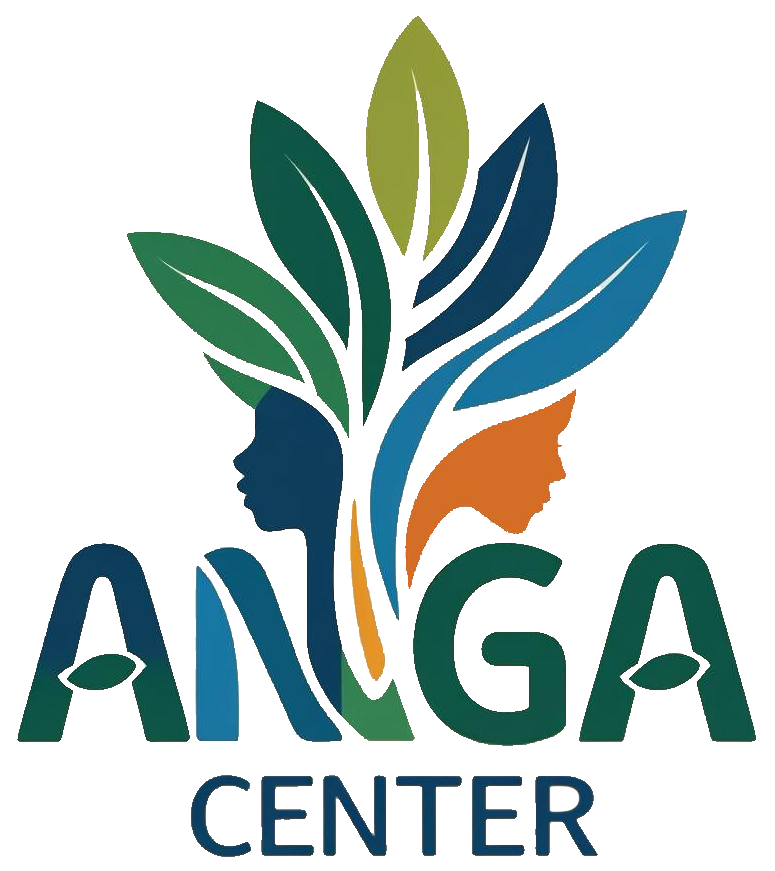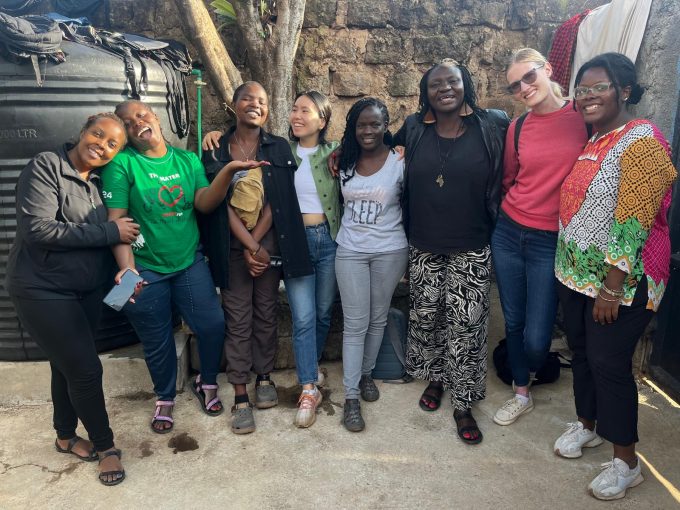The Anga Center is a multi-country team of researchers, organizations, government representatives, and community leaders committed to climate justice and health equity. We work together, through meaningful partnerships, rigorous research, and community-based participatory approaches to address critical challenges facing climate-vulnerable communities.
About Us


Why Us
The Anga Center brings together a uniquely positioned, multi-country team of researchers, government representatives, community leaders, and grassroots organizations who are deeply rooted in—and accountable to—the communities most affected by climate change and health inequities. Our collective approach is grounded in trust, equity, and shared power. We combine rigorous research with community-based participatory methods to ensure that the solutions we co-create are not only evidence-informed but also locally led and sustainable. Our track record of fostering meaningful partnerships across sectors and geographies positions us to address the complex, intersectional challenges climate-vulnerable communities face—with urgency, integrity, and impact.
What We Stand For
Community-Centered Leadership & Action
We prioritize the wisdom of those most impacted by climate change in our program/research creation, implementation, and dissemination.
Equitable & Inclusive Partnership
We build meaningful, long-term partnerships based on mutual respect, trust, inclusivity, and shared benefits.
Ethical Resource Allocation
We ensure that funding and resources directly strengthen local capacity and institutions, supporting sustainable, community-driven solutions in climate and health.
Co-Production of Knowledge
We co-create knowledge with communities—not on them— promoting shared learning, and generating research that is meaningful, actionable, and rooted in place-based realities.
Integrity & Accountability
We commit integrity and accountability in our work, emphasizing transparency in all our decisions with community members and stakeholders.
Innovation & Learning
We embrace continuous learning and innovative approaches to climate and health challenges, grounded in both scientific and community-based knowledge systems.
Where We Work
The heart of our work lives in two major urban informal settlements in Nairobi, Kenya: Kibera and Mathare. With over half of all residents in Kenya living in informal settlements, there are unique challenges communities face as they navigate conditions and vulnerabilities related to infrastructure, general wellbeing, and challenges related to climate change, community violence, and access to support systems.
Centered on community-driven identified needs to combat stressors, our work aims to understand how residents navigate mental health and IPV service utilization, social expectations of gender dynamics, fostering community cohesion and mental and physical wellbeing, and how this navigation might be complicated by the different vulnerabilities informal settlement residents face as they raise families, live their lives and engage in the community. Measuring these complications goes hand-in-hand with honoring their resilience, dignity, and right to self-determination as they navigate these challenges.

Where We See Future Impacts
Our team works collaboratively with community members from both Mathare and Kibera to address a range of vulnerabilities exacerbated by changing physical environments. In September 2023, African leaders gathered to sign the Nairobi Declaration on Climate Change, acknowledging that while Africa didn’t cause global warming, it is feeling its worst effects. Less than 4% of global funding for climate research has been directed to Africa, leaving a major gap in the resources needed to address these issues. East Africa (EA), in particular, is highly vulnerable to climate change, with rising temperatures, changing rainfall patterns, and increased flooding risks. This will have a serious impact on the health and well-being of the region’s communities.
Our Center is uniquely positioned to address these challenges, with a leadership team that has deep experience engaging with the East African region and has strong community ties in Kenya, Tanzania, and Uganda. We look to a future in which the impact of our collaborative work can be felt across East African communities.





